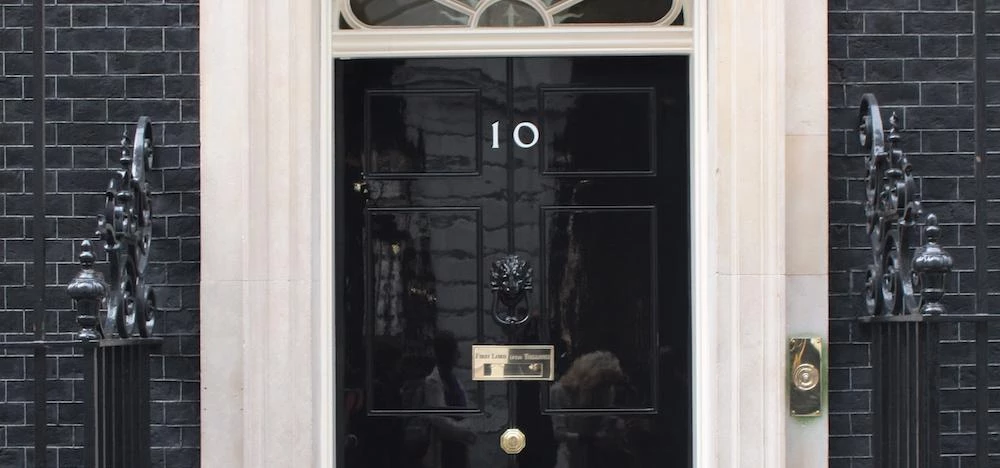
Budget 2016: Everything you need to know
George Osborne took to the centre stage in the Commons yesterday to deliver his latest Budget announcement, the eighth since the Conservatives came to power in 2010 following a 16-year absence from government.
Here, we’ve outlined some of the main points in what turned out to be one of the Chancellor’s most ambitious Budgets to date.
Growth forecasts cut
It was announced that while the UK is still on track for growth over the coming years, analysts have lowered their expectations somewhat. According to Office for Budget Responsibility (OBR) data, GDP is expected to grow by just 2% this year, down from 2.4% since the Autumn Statement last year.
Further, the OBR predicted GDP to grow by 2.2% in 2017, and 2.1% in the three years after that.
Government to slash spending
The UK’s Conservative government will reduce its spending by £3.5bn by 2020 in its efforts to cut the nation’s huge deficit. Spending as a share of GDP is due to fall to 36.9%.
Further, Whitehall also revealed that it is going to miss its original debt targets. Forecasts for debt as a share of GDP have been revised up for every year in the next five, to 82.6% in 2016-17, followed by 81.3%, 79.9%, 77.2% and 74.7% in the years after.
Annual borrowing for the 2015-16 year is also set to be £1.3bn lower than predicted back in November, at £72.2bn.
Boosting business
To stimulate the UK economy by strengthening its business community, Osborne confirmed in his Budget that the headline rate of corporation tax, which currently stands at 20%, will fall to 17% by 2020.
By that point, further clampdowns on tax avoidance and evasion are expected to have raised £12bn for the public coffers, while more will be reaped from companies currently paying no VAT by selling their goods online in the UK.
For smaller companies, the picture is brighter, as the annual threshold for 100% relief on business rates will double, from £6k to £12k, while the higher rate will grow from £18k to £51k, exempting an estimated 600k businesses.
Reforms are also coming to commercial stamp duty. Property buyers will pay nothing on purchases up to £150k and a rate of just 2% on properties valued in the next 100k bracket. A rate of 5% will be paid on space worth above £250k.
Effective from today, there is a new 2% rate for high-value leases with a net present value over £5m.
Transport
In a major boost for the Northern Powerhouse, the Chancellor gave the official greenlight for the east-west HS3 rail link connecting Manchester and Leeds.
Meanwhile, he said that over £230m would be ploughed into improving the North’s road infrastructure, which would include an overhaul of the M62.
Sugar tax and lifetime ISAs
In one of the biggest surprises of the Budget, a new sugar tax will be levied on the soft drinks industry from 2018, with the additional £520m a year raised to be put towards doubling funding for primary schools in England.
Further, to help young savers put money away either for a home deposit or their pensions, a new lifetime ISA for the under 40s will be introduced in which the government will give £1 for every £4 saved.
Those who save £4k a year towards buying a house or supporting themselves after retirement will be given a maximum of £1k a year, every year until they turn 50.
Look out for our regional business reaction throughout the rest of the week.
Looking to promote your product/service to SME businesses in your region? Find out how Bdaily can help →
Enjoy the read? Get Bdaily delivered.
Sign up to receive our popular morning National email for free.








 Raising the bar to boost North East growth
Raising the bar to boost North East growth
 Navigating the messy middle of business growth
Navigating the messy middle of business growth
 We must make it easier to hire young people
We must make it easier to hire young people
 Why community-based care is key to NHS' future
Why community-based care is key to NHS' future
 Culture, confidence and creativity in the North East
Culture, confidence and creativity in the North East
 Putting in the groundwork to boost skills
Putting in the groundwork to boost skills
 £100,000 milestone drives forward STEM work
£100,000 milestone drives forward STEM work
 Restoring confidence for the economic road ahead
Restoring confidence for the economic road ahead
 Ready to scale? Buy-and-build offers opportunity
Ready to scale? Buy-and-build offers opportunity
 When will our regional economy grow?
When will our regional economy grow?
 Creating a thriving North East construction sector
Creating a thriving North East construction sector
 Why investors are still backing the North East
Why investors are still backing the North East